Automotive Services BMPs
Oil, grease, anti-freeze and other toxic automotive fluids often make their way into municipal storm drain systems. These fluids do not get treated before they reach Lake Lanier and the Chattahoochee River. They pollute our drinking water supply and waterways, making them unsafe for humans and wildlife. Follow these best management practices to prevent pollution, protect public health and avoid fines or legal action.
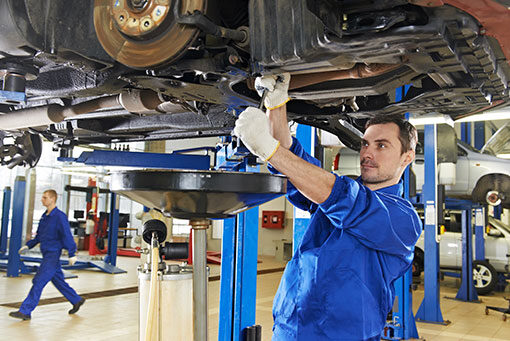
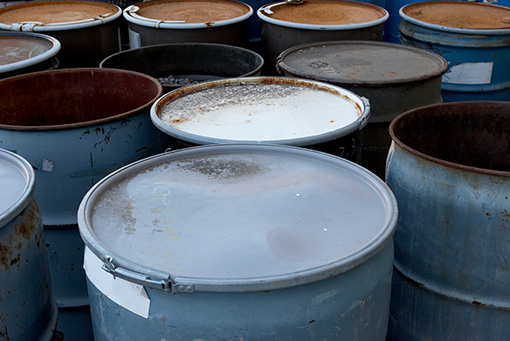
Storing Hazardous Waste:
Keep liquid wastes segregated (i.e. oil and anti-freeze). Many fluids can be recycled via hazardous waste disposal companies if they are not mixed. Store all materials under cover with spill containment or inside to prevent contamination of storm water during rain events.
Proper Disposal of Hazardous Waste:
Properly store and recycle all used motor oils, oil filters, anti-freeze, and other hazardous automotive fluids. Also, properly store and recycle all batteries, tires and metal filings collected from grinding/polishing auto parts. Contact a recycling company or a licensed hazardous waste hauler for proper disposal. Remember manifests (the chain of custody) are critical as each business owner is responsible for each waste “cradle to grave”.
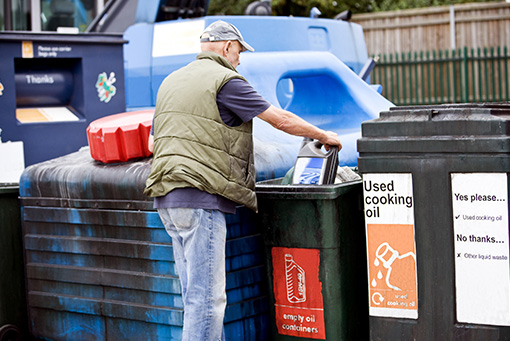
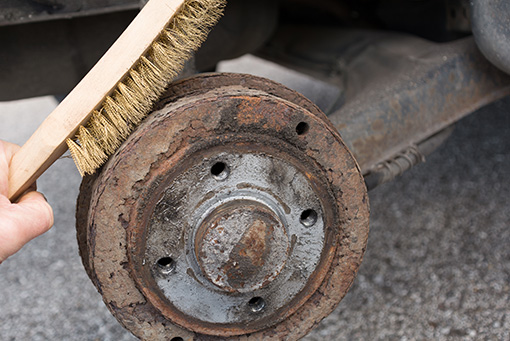
Cleaning Auto Parts:
Scrape parts with a wire brush or use a bake oven rather than liquid cleaners. Arrange drip pans, drying racks and drain boards so that fluids are directed back into the sink or the fluid holding tank. Do not wash parts or equipment in a parking lot driveway or street because, if not properly disposed of, these fluids will eventually make their way into our drinking water supply
Preventing Leaks and Spills:
Place drip pans underneath to capture fluids. Use absorbent cleaning agents instead of water to clean work areas.
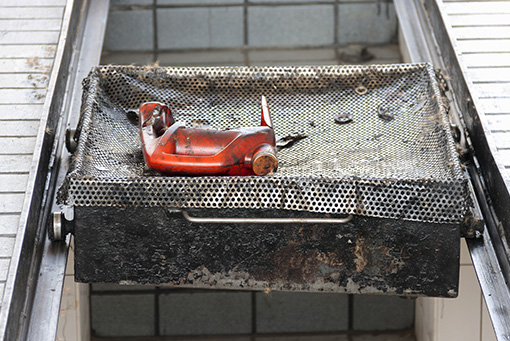

Metal Grinding & Polishing:
Keep a bin under your lathe or grinder to capture metal filings. Send uncontaminated filings to a scrap metal recycler for reclamation. Store metal filings in a covered container or indoors.
Cleaning Spills:
Each automotive shop should have a written hazardous materials response plan that has been as filed with your local fire department or other hazardous materials authority. Each employee should be aware of the plan and should be properly trained and capable of implementing each phase of the plan. For example, use dry methods for spill cleanup (sweeping, absorbent materials, etc.). For serious spills, especially those that could cause a fire or drain into our waterways, call 911.
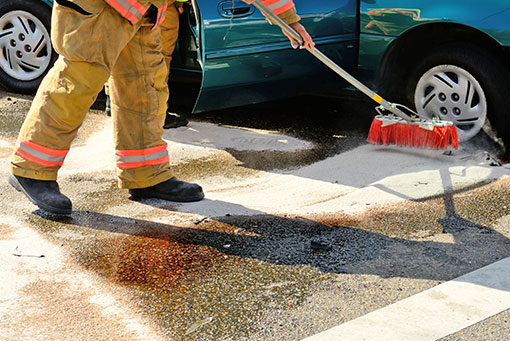
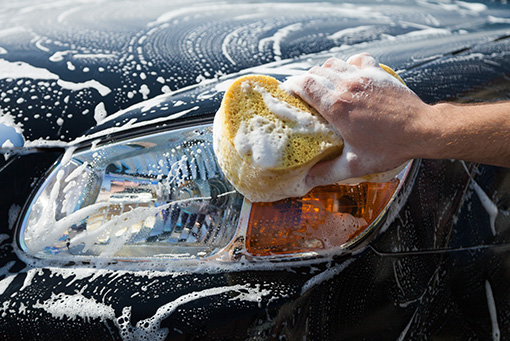
Washing vehicles:
Wash vehicles where the wash water can soak into grass, gravel or be diverted to nearby landscaping, away from the street and storm drains. Preferably, take vehicles to a professional car wash that recycles their was water (most do). This will not only cut down on water pollution entering the storm sewer system, but also conserve water. Phosphate free and biodegradable soaps are also better for the environment.
